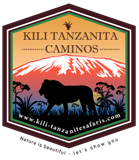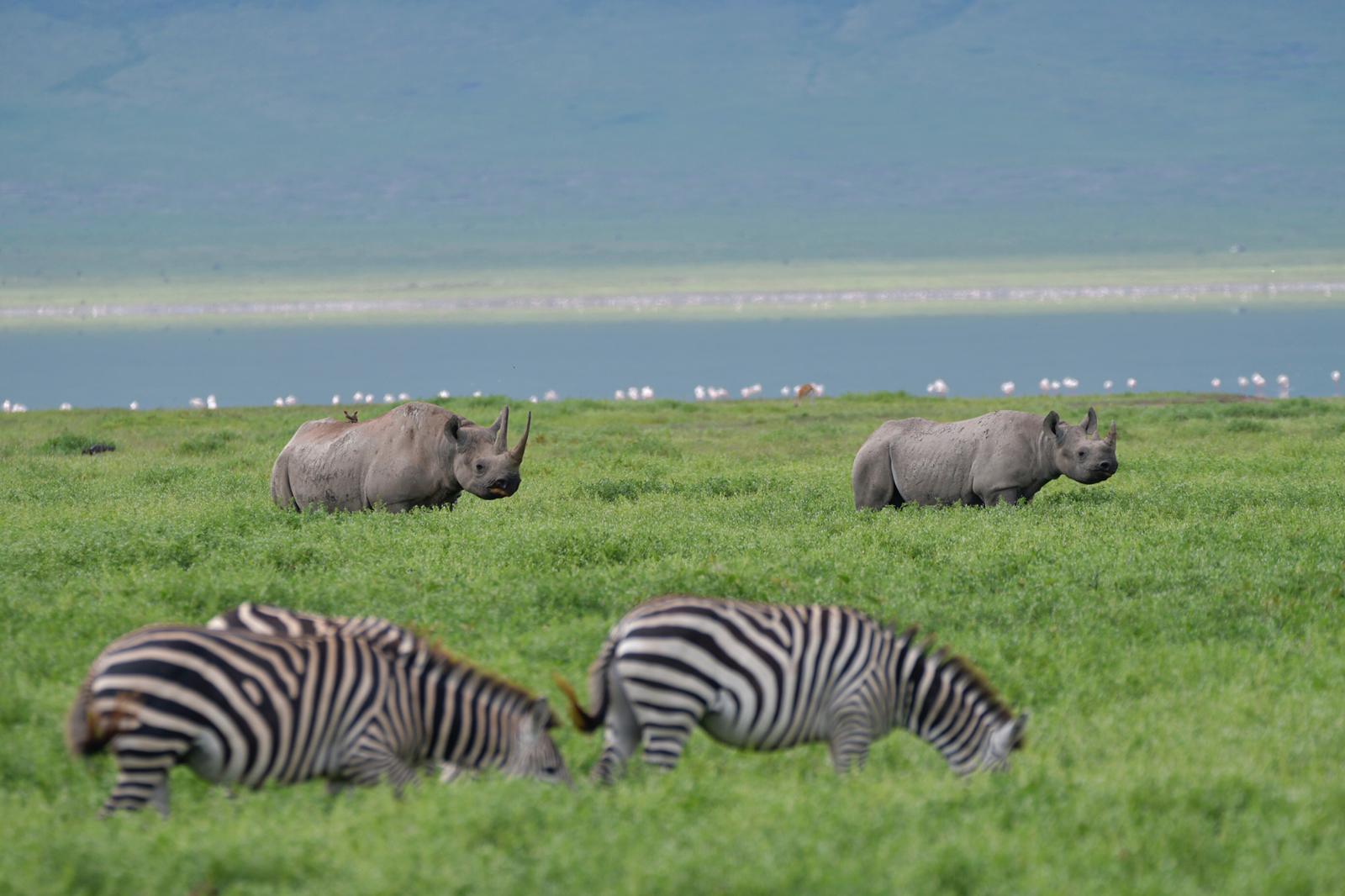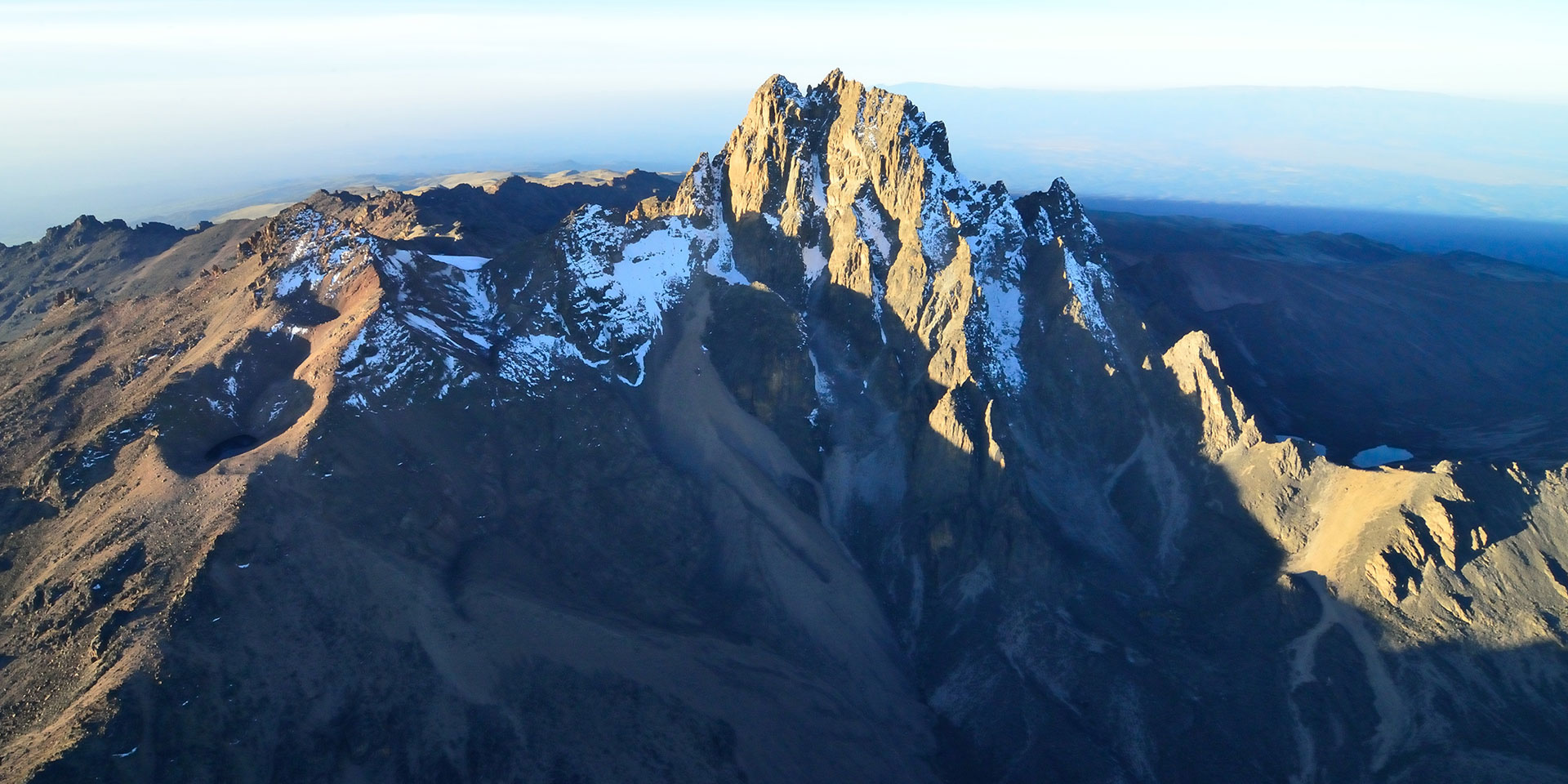Wildlife Conservation efforts include responsible travel plans. Kilimanjaro Tanzanite Safaris DMC supports wildlife conservation efforts. Responsible travel deals is part of your safari holiday contribution and supports to conservation. Your safari holiday in Tanzania is valued support to wildlife conservation efforts. Kilimanjaro Tanzanite Safaris supports wildlife conservation through responsible travel under Tanzania National parks and more.
Tanzania tourism stakeholders participated in an event of receiving wildlife census results in 2024. Tour Operators are among wildlife conservation stakeholders. 30% of Tanzania land is for wildlife habitat, and the country leads Africa in number of Lion, Leopard and Buffalo population. Tanzania elephant population number is third in Africa, and national parks with many animals is Tarangire, Serengeti, Ruaha National Park and Katavi. These national parks are famous destinations for photographic safaris.
The aim of wildlife conservation is to protect the wildlife species for the present and future generations. Tanzania wildlife safaris provide the safari-goers an experience to watch all the big 5 animals. Tanzania safari online booking helps travelers to send requests by filling online booking forms. Safari booking forms helps getting details of safari prices, itineraries, and options. Have a look at trip types of wildlife safaris in Tanzania organized by Kilimanjaro Tanzanite Safaris DMC.
People climbing Mount Kilimanjaro get an amazing experience to see the natural forest, see wildlife like baboons, birds. The global warming caused by climate change threatens the existence of glaciers at Mount Kilimanjaro. Kilimanjaro Tanzanite Safaris DMC participates in Kilimanjaro environmental conservation by donating 12 $ for each trip for tree planting. Afforestation at Kilimanjaro surrounding villages helps to reduce climatic effects, by increasing atmosphere humidity through trees respiration.
Enduimet Wildlife area West Kilimanjaro and Community based wildlife conservation, do both tasks including sustainable tourism and community education. Serengeti Ecosystem Management, Ikona Wildlife Management, Burunge Tarangire Babati are protection areas open for wildlife safari tours in Tanzania. Wildlife conservation education institutions play a great role in preparing wildlife conservation professionals. These educational institutions are Sokoine University Forest College, TAWIRI- Tanzania wildlife research institute, Frankfurt zoological society, College of Wildlife Management Mweka, etc
Ikona Wildlife Management area has comfortable Safari Lodges and a campground for visitors to see Wildebeest migration. Great Serengeti Migration accompanies carnivores and is one of the wildlife spectacles on Earth. Nature conservation is the general protection of natural resources which include wild plants and wildlife animals. Wild plants are the real key living ecosystem to make sure wildlife habitat is intact and friendly to wildlife animals.
Great migration includes wildebeest, Gazelles, and zebra and stays within Tanzania for about ten months of the year. Mara crossing is an exciting thrilling wildlife safari experience to see between July and September in Tanzania.
Anti-poaching funds obtained through Tourism Park entrance fees make sure big 5 Wildlife species survive for present and future generations. World Heritage Sites like Ngorongoro with the presence of Black Rhinoceros; Serengeti has Rhinos at special care protection.



